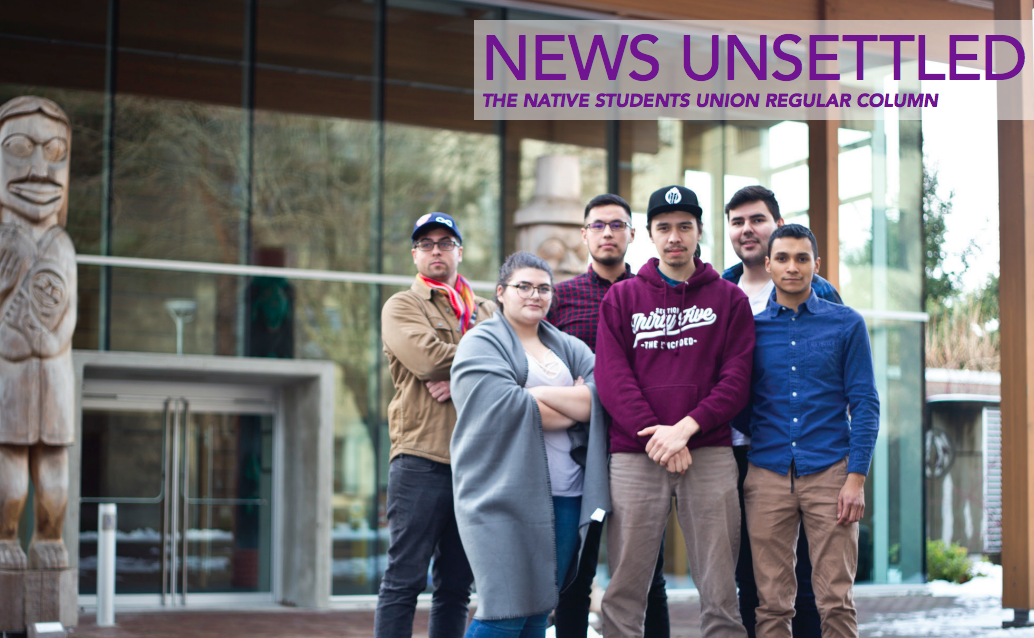
With the election safely behind us and the populist pressure to “do your civic duty” now relaxed until the next election cycle, I’d like to challenge a bit of the common wisdom surrounding participation in the so-called “democratic” process.
First, I’d like to dispense with the charade that our government is actually designed to look out for the best interests of its subjects. Democracy is a hierarchical system created by wealthy (white) landowners to protect their interests, enable the most efficient exploitation of land and people, and shield them from accountability — all while keeping the rest of the populace trapped within the system, divided by their own special and individual interests. In the context of this particular nation state of Canada, not only is our system of governance oppressive and hierarchical, it is premised on the genocide and dispossession of the land’s Indigenous peoples. Our voting process is merely an election of who we would like to do the bloody work of managing the ongoing process of colonial occupation for us.
This is not a fresh take. Indigenous people the world over have historically and continue to turn a critical eye on the colonial-capitalist framework, but seldom do those critiques reach mass consciousness. When they do, they are dismissed as being hung up on the past, interruptors of post-racist harmony, and, heavens forbid, anti-Canadian. The trite excuses that “it’s the best we’ve got,” “we all just need to move on,” and “that was a different time” are about as tired as I am of hearing them. This may be history, but the consequences are real and very much present and alive in our society.
Given all that, please, let’s stop with the obnoxious bit of nationalistic propaganda that you’re not allowed to complain about the government unless “you at least voted.” The system is not flawed, it’s just bad. It’s designed for exploitation and oppression, and you can’t fix that. The best that you can hope for in voting is some marginal form of harm reduction that will always, always cost someone somewhere else, because the capitalist economic model measures success in terms of growth and exploitation, not sustainability and reciprocity.
Maybe those leftist policies will provide some relief for those on the lower rungs of the hierarchy, but where is that money coming from? Resource extraction and the exploitation of the cheap labour of impoverished populations around the world. Our coffers are filled from the past profits of eliminating Indigenous peoples and the violent exploitation of their territories, or from taxing those still doing that work.
Really, the whole system basically functions as a money laundering operation, allowing those with citizenship benefit in blissful ignorance from the bloody proceeds of violence and oppression, washed clean through bureaucracy and packaged conveniently for us as free healthcare and public education. It may be a privilege to have the power to vote and change the direction of the beast, but it’s always going to be stepping on someone — by design.
It is important to recognize the cycles of dependency that are the daily reality for most people who live under this system. How can you effectively stand against that which provides for you all the necessities of modern society? It regulates our food and water supplies, it provides healthcare, infrastructure, education, security. All of these are good and important things, basic needs even, but the ways they are provided continually reinforces the power and influence of the state, and consistently privileges certain demographics over others, perpetuating hierarchies of race, gender, sexual orientation, ability, wealth, and the list goes on.
I recognize this is a pretty bleak outlook, and doesn’t exactly have me getting up in the morning excited for another day under capitalism, but it does rather beg the question: What can we do? To that, there are infinite answers dependent on your own context, but as a grounding action to begin with, I highly recommend a healthy dose of critical self-awareness and an interrogation of your investment and participation in the systems of capitalism, white supremacy, and colonialism that we live in. Build on that by supporting the sovereignty of the Indigenous nations on whose land you live and pursuing right relationships with the people around you. If part of that work looks like voting to you, then by all means, vote, but recognize that the work doesn’t begin — and most definitely doesn’t end — with the check of a box.







